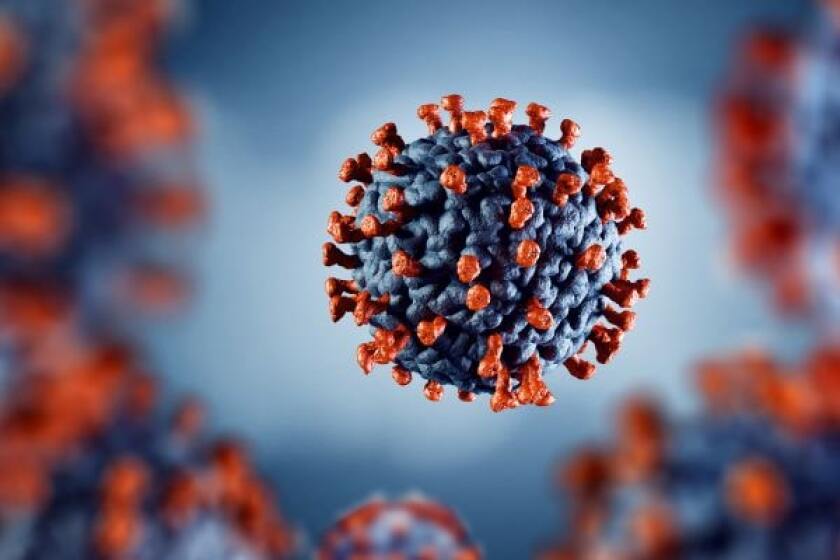The Biden administration yesterday announced its backing of a waiver for all intellectual property rights to COVID-19 vaccines, in what is a huge blow to the pharma industry.
The waiver was proposed in October at the World Trade Organization by India and South Africa. It covers not just IP for vaccines but for all COVID-19 technologies.
Related stories
“This is a global health crisis, and the extraordinary circumstances of the COVID-19 pandemic call for extraordinary measures,” said Ambassador Katherine Tai, the US trade representative, in a statement released on Wednesday, May 5, announcing the US’s support of the waiver.
“The administration believes strongly in intellectual property protections, but in service of ending this pandemic, supports the waiver of those protections for COVID-19 vaccines. We will actively participate in text-based negotiations at the World Trade Organization needed to make that happen,” she added.
The waiver has been strongly opposed by the pharmaceutical industry, which argues that waiving IP would send a chilling signal to the industry and make it reluctant to invest in vaccine research the next time there is a pandemic.
Stephen Ubl, president and CEO of trade group the Pharmaceutical Research and Manufacturers of America, said the decision will do nothing to increase access to vaccines – and warned that it will undermine American leadership in biomedical research.
“In the midst of a deadly pandemic, the Biden administration has taken an unprecedented step that will undermine our global response to the pandemic and compromise safety. This decision will sow confusion between public and private partners, further weaken already strained supply chains and foster the proliferation of counterfeit vaccines.”
The waiver has received strong support from global health charities and developing countries but is opposed by the EU and some wealthy nations.
The director general of the World Health Organization (WHO), Tedros Adhanom Ghebreyesus, called Biden’s support for the waiver a “monumental moment” in the fight against COVID-19.
Global health care advocates argue that waiving IP rights to COVID-19 vaccines will not be enough to ensure equitable global access, which would also require know-how and technology transfer.
Although the WHO created the COVID-19 Technology Access Pool for all IP and know-how related to COVID-19 over a year ago, it remains empty of relevant IP for vaccines and therapies.
Biden’s support of the waiver does not guarantee it will be approved by the WTO’s TRIPS Council, which will continue to debate the initiative in the coming weeks.











